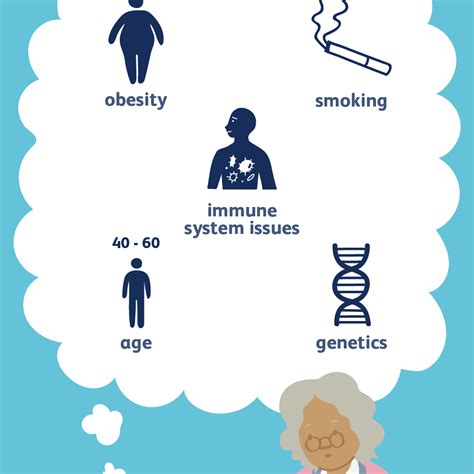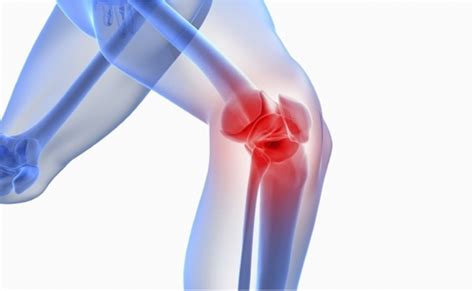A herniated disc, often described as a slipped disc, is a condition where the disc’s inner material protrudes through its outer ring. This protrusion can cause pain, numbness, and weakness in various parts of the body. Remarkably, about 90% of herniated disc cases resolve on their own within six months. During the initial phase, doctors generally recommend over-the-counter pain relievers and limiting activities that exacerbate the discomfort.
There are different types of herniated discs, such as disc protrusion, disc extrusion, and disc sequestration. In a disc protrusion, the herniated material is broader than it is deep. Conversely, in a disc extrusion, the depth of the herniated material exceeds its breadth. A disc sequestration is a more severe form, where the herniated fragment is completely detached from the disc.
Microdiscectomy is a minimally invasive surgery often employed to address herniated discs. This procedure becomes necessary when a herniated disc compresses a spinal nerve, leading to symptoms like pain that may radiate down the arms and legs, muscle weakness, and difficulty with repetitive motions. Sciatica, a common consequence of herniated discs, typically affects individuals aged 30 to 50.
A bulging disc, which precedes a herniated disc, occurs when the outer wall of the disc weakens but does not rupture, causing it to bulge outward. Herniated discs can manifest in various spine regions, including the cervical, thoracic, or lumbar spine.
Degenerative Disc Disease is another related condition. It arises when the protruding disc presses against spinal nerves, leading to pain, weakness, and numbness in the back and legs. Spondylosis, primarily affecting the lumbar region, can also cause sciatica, a type of nerve pain that travels along the sciatic nerve from the lower back down each leg.
For more detailed information on herniated discs, disc herniation treatments, and related conditions, visit Harvard Health, HSS, HSS Microdiscectomy, Columbia Neurosurgery, UTH Neurosciences, HSS Slipped Disc, Harvard Health Sciatica, UTH Lumbar Spondylosis, and HSS Discectomy.



